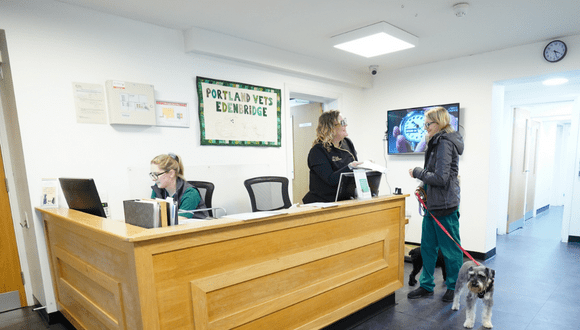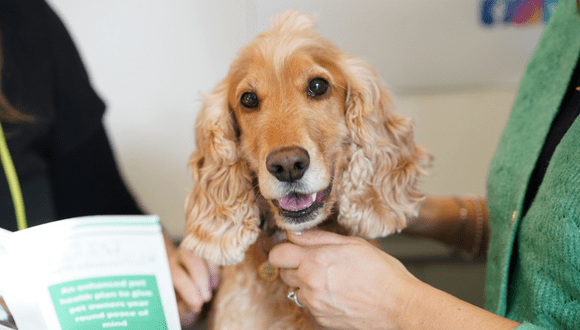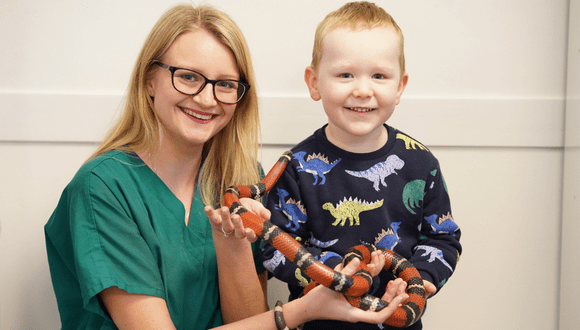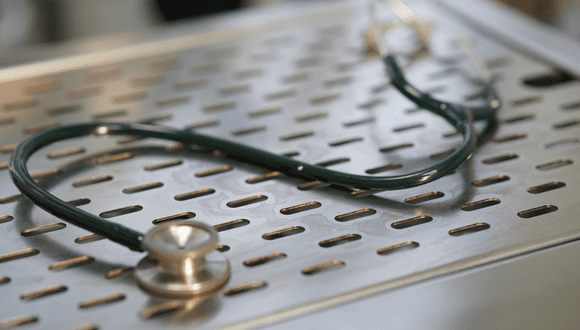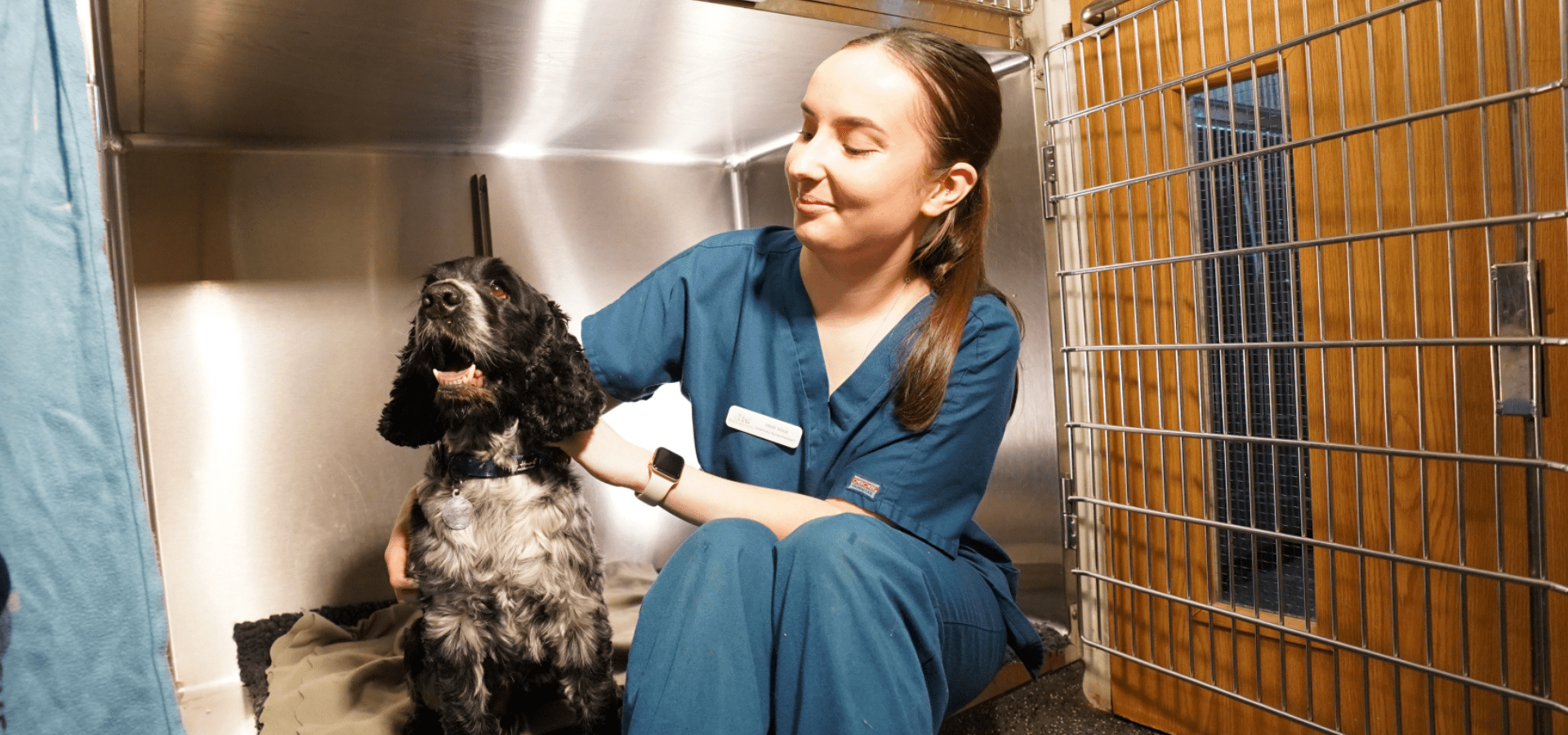
Pet Neutering & Aftercare
Neutering your pet is encouraged by Portland Vets as there are many proven associated health and behavioural benefits. Not only does it stop unwanted pregnancies, it can reduce the risk of certain types of cancer and illnesses as well as the risk of aggressive behaviour. It also helps to create a better bond between you and your pet.
We offer pet neutering procedures at our Edenbridge clinic and our nursing team always recommend a pre-neutering health check appointment to assess your pet and whether they are healthy enough to undergo the operation. Commonly known as a castration (male) or spay (female), these surgeries are completed under general anaesthetic and will require a period of recovery. This will differ depending on the size and type of your pet. Read on to find out more about neutering and do not hesitate to contact our Edenbridge clinic to book your appointment.
Dogs
Male dogs can undergo a castration from 6 months of age, with some exceptions only for larger breeds. Female dogs can be spayed before they have their first season, however if they have already been in season, it is best to wait 3 months to reduce the risk of bleeding during the surgery or developing a phantom pregnancy post-surgery.
Female dogs can have the spay performed laparoscopically (commonly known as keyhole surgery) which promotes a quicker healing time due to the smaller surgical wound. To learn more about laparoscopic surgery, contact our nursing team or visit our web page on the topic.
Cats
At Portland Vets we will perform neutering on male and female cats once they are over 4 months of age. At this age, it is normal for male cats to be fully formed with both testicles descended, allowing for the castration to take place. Our nurses will always check your cat is in the best shape possible to be neutered and will discuss their findings and surgery options at the recommended pre-neutering appointment.
Rabbits, mice, rats, guinea pigs, hamsters & chinchillas
Our veterinary team can perform neutering procedures on your small furry pets as long as they have no underlying respiratory issues that could be affected by the general anaesthetic. These issues will be looked for at the pre-neutering appointment with a member of our nursing team who will then book your pet in for their surgery appointment at your chosen clinic.
You might also want to take a look at our guides:
